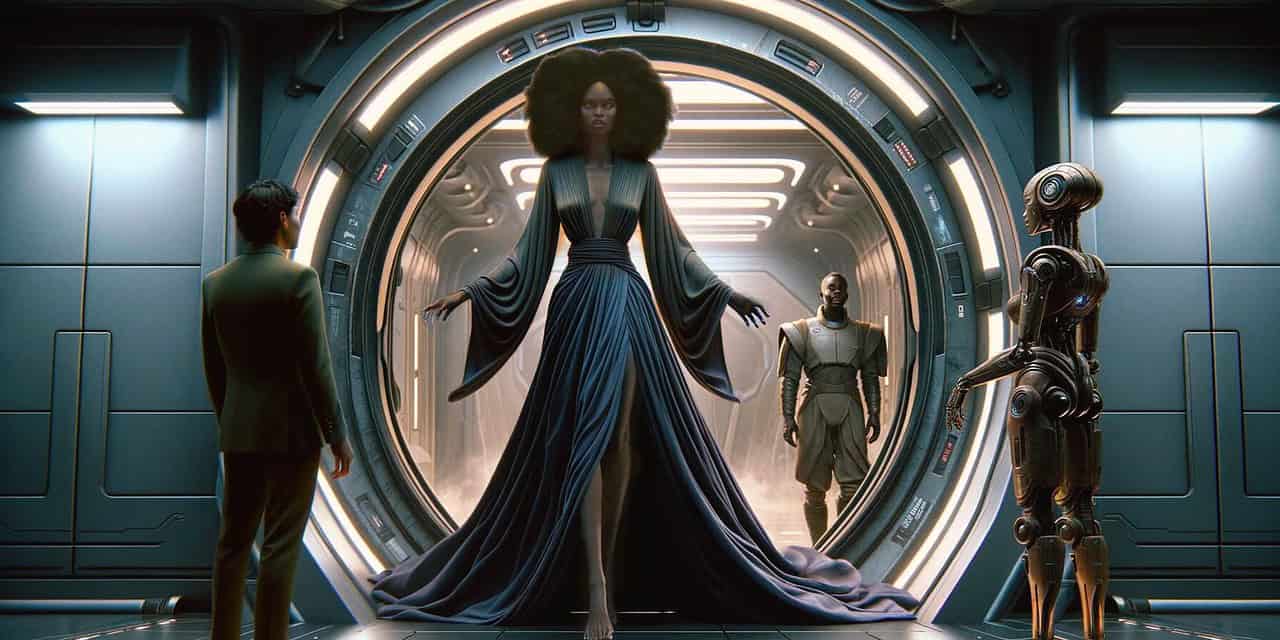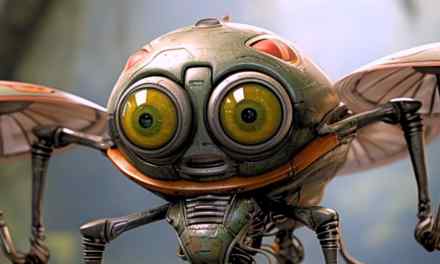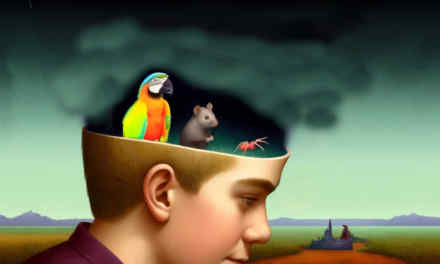"Why hadn’t Grace known about Mercy? This was way past odd and deep into scary. My mouth felt dry so I chugged the dregs of my coffee. Still a perfect 52°C; Grace minded the details. I tried to concentrate on that. She’d always been conscientious about taking care of our little family. But space is insanely huge and terrifyingly empty, and there was no such thing as a chance encounter. There were several reasons why starships got together, but the most obvious made me sick with dread."

Hold it! This content is restricted to premium subscribers. To view it you must be logged in, and also be subscribed to one of these plans: Monthwise or Yearwise.
For more information see our Subscription page






